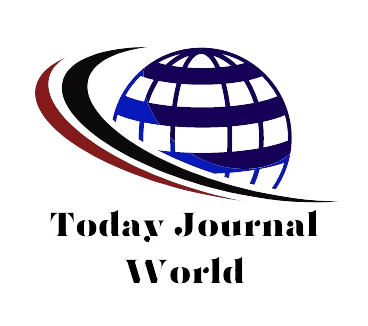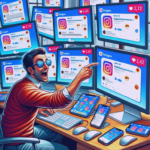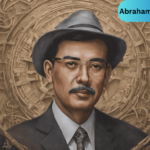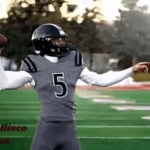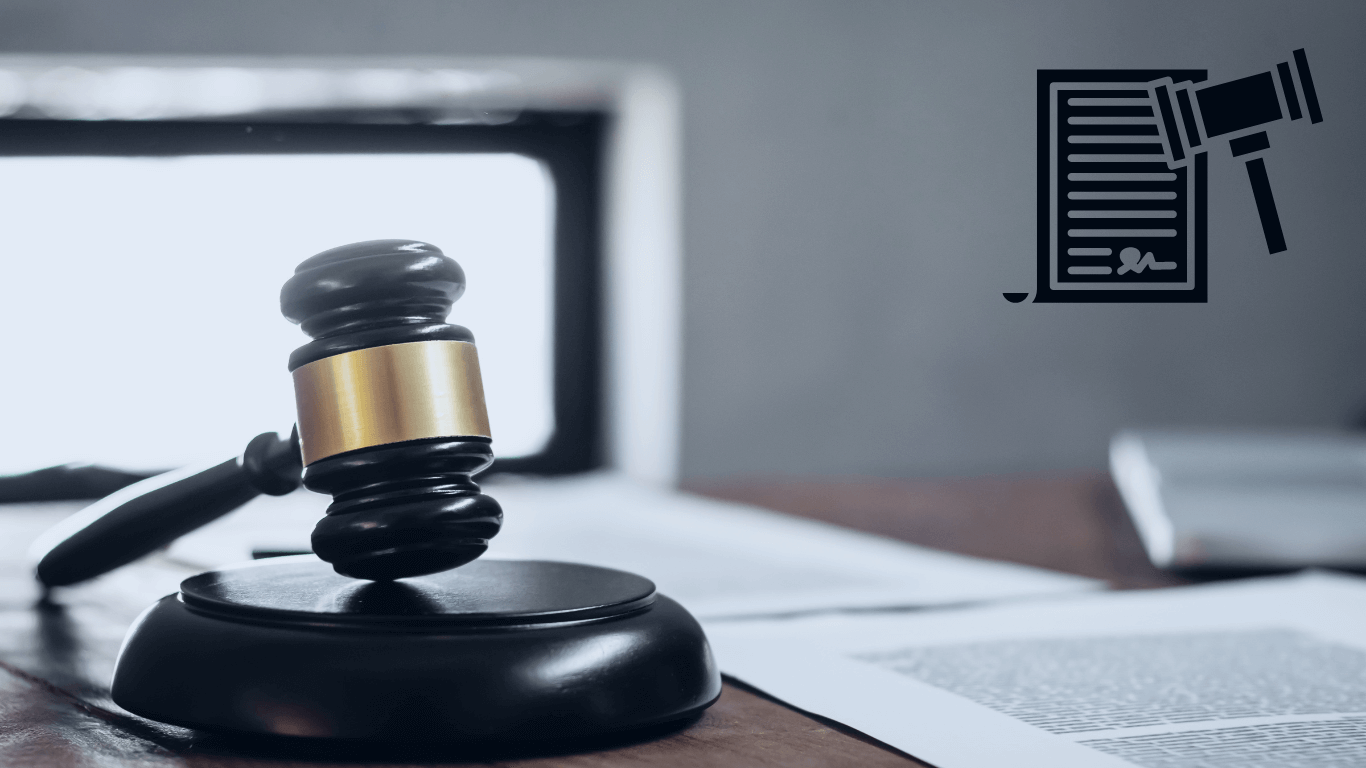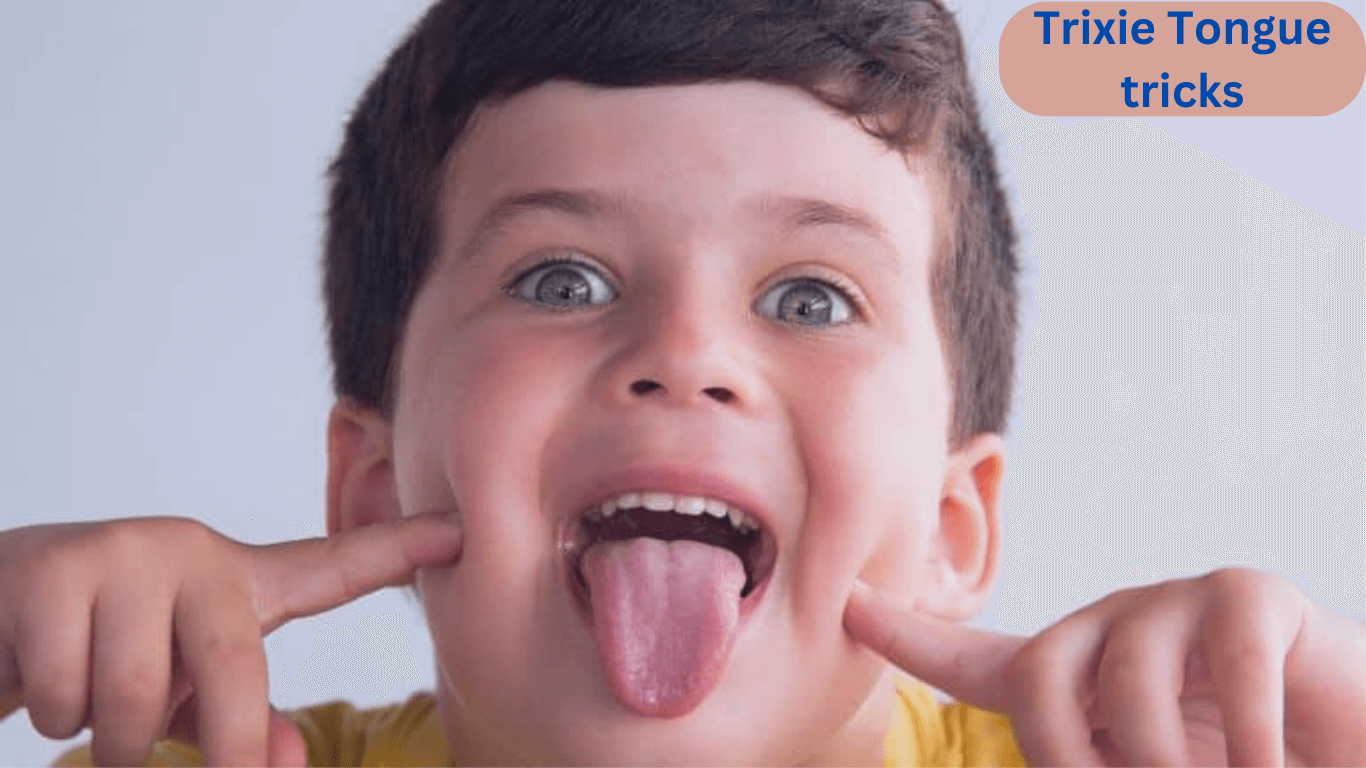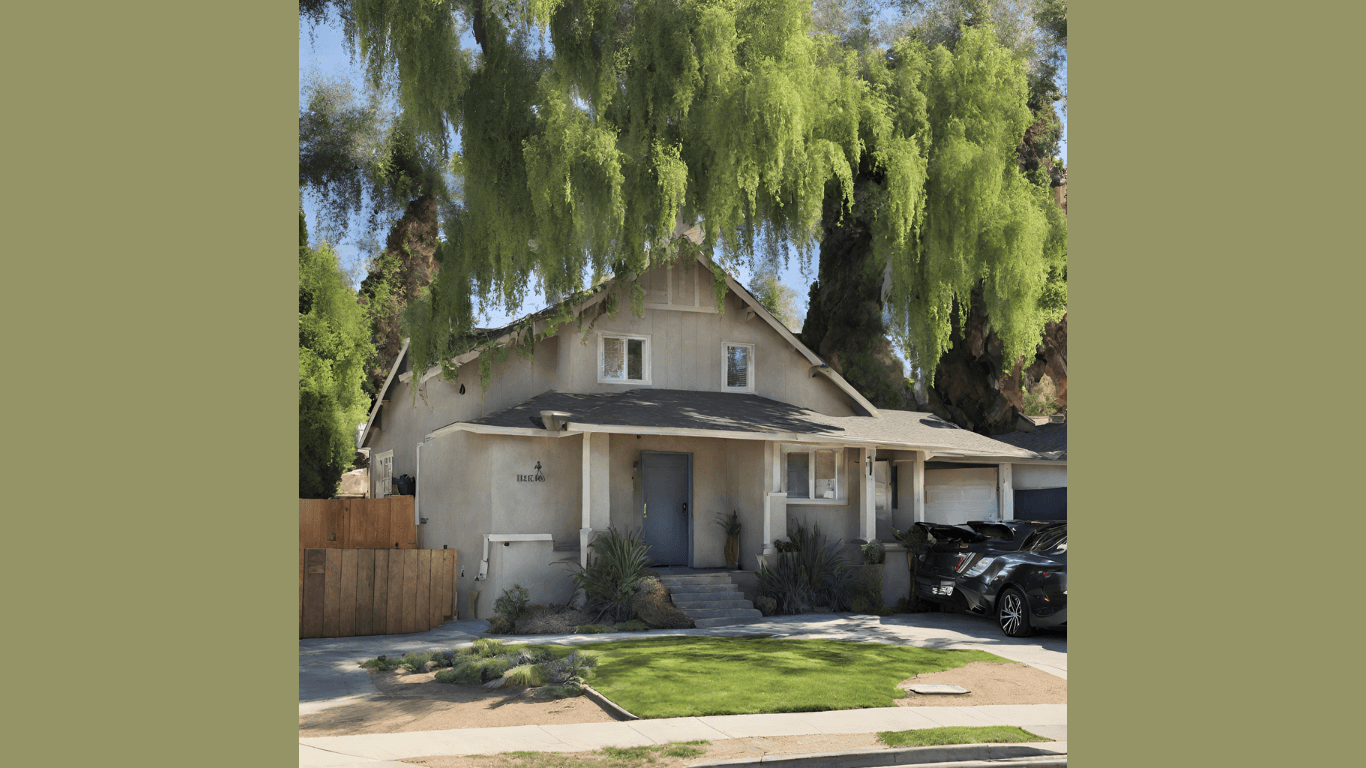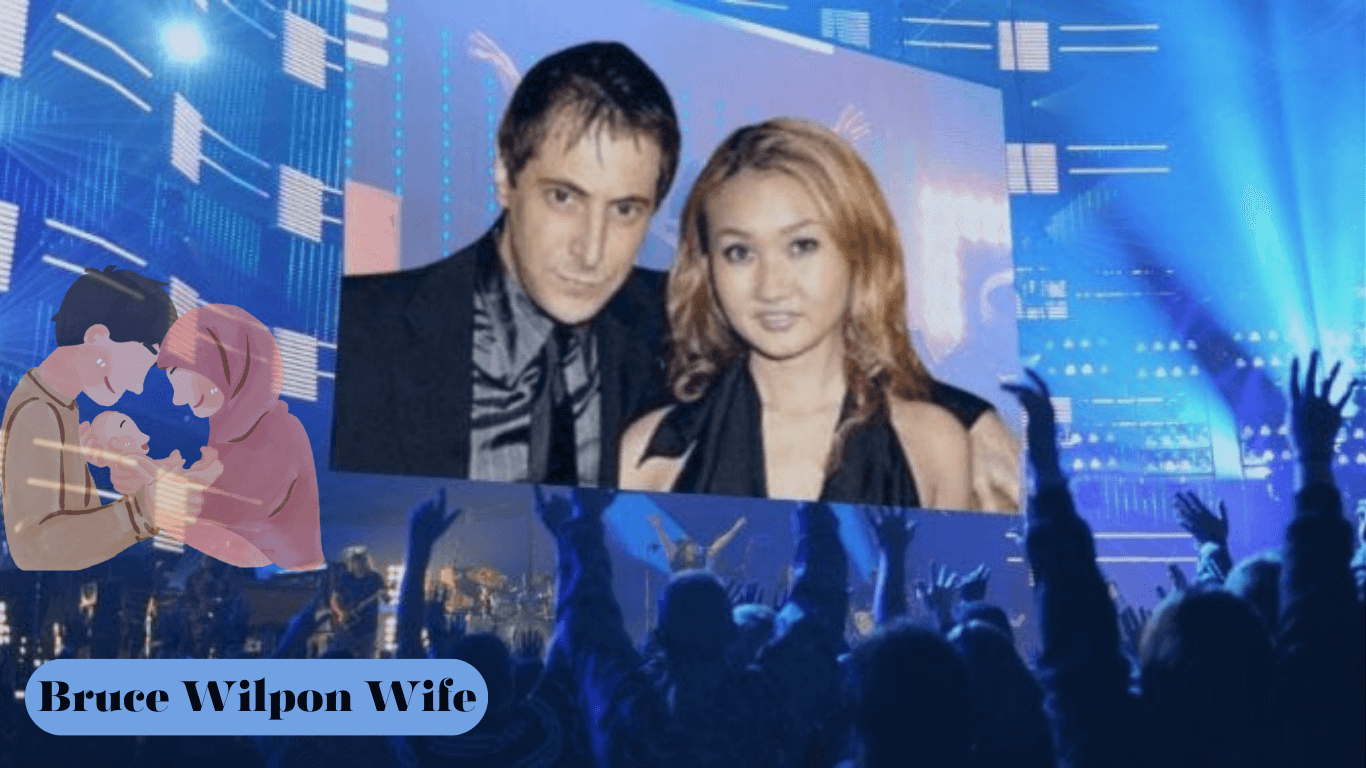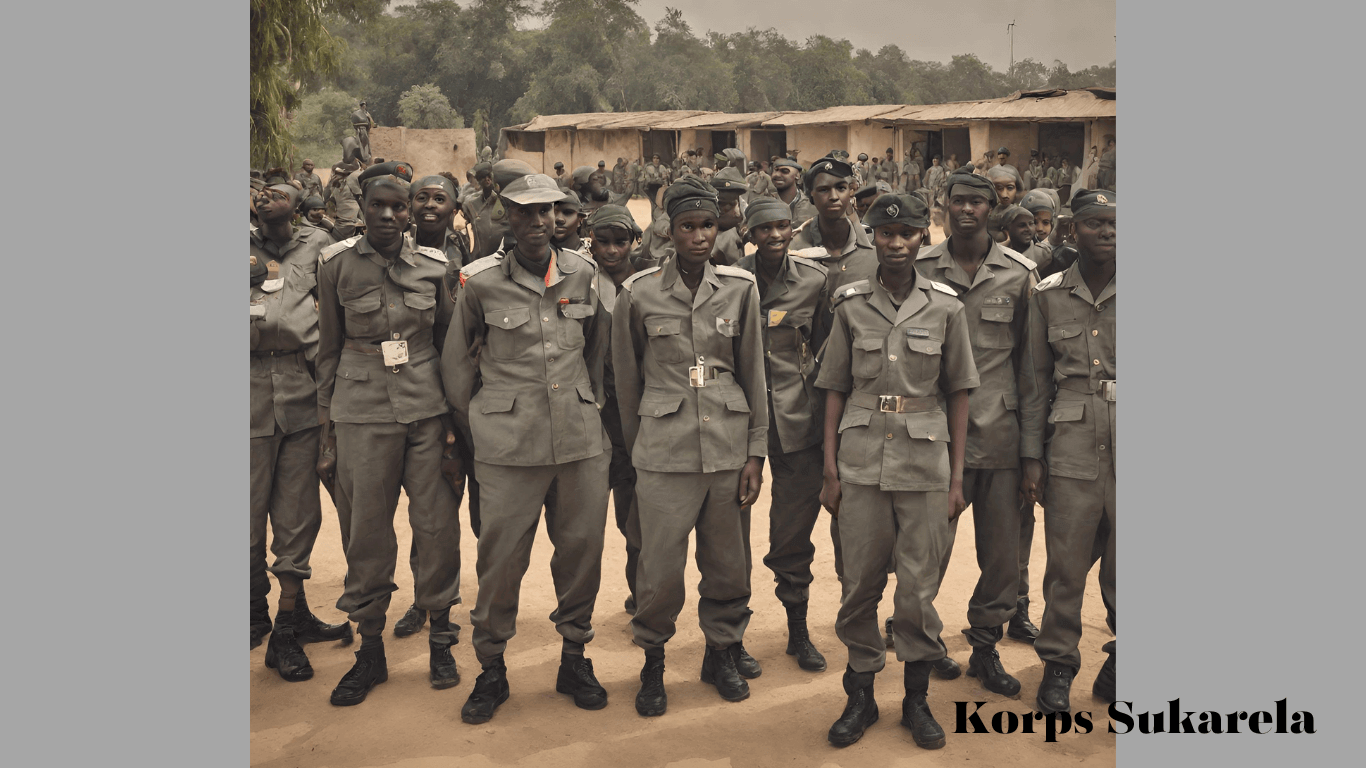Dive into the complex legal landscape surrounding the C.W. Park USC lawsuit, where allegations and legal proceedings intertwine, spotlighting issues that resonate within the academic realm. This legal saga involving C.W. Park and the University of Southern California unveils a narrative of dispute and contention.
As the intricacies of the lawsuit unfold, it prompts a closer examination of academic ethics, professional conduct, and institutional responsibilities. Join us in exploring the nuanced dimensions of this legal undertaking, shedding light on the implications and potential repercussions that echo within the corridors of higher education and legal scrutiny.
What led to the C.W. Park USC lawsuit controversy?
Delve into the intricate controversy surrounding the C.W. Park USC lawsuit, unravel the events that precipitated this legal dispute, and explore the multifaceted dimensions underlying the allegations.
1. Allegations of Misconduct:
At the heart of the C.W. Park USC lawsuit controversy are allegations of professional misconduct, sparking an inquiry into the actions of individuals involved.
2. Academic Integrity Challenges:
The lawsuit delves into challenges to academic integrity, raising questions about the ethical standards within educational institutions. Specifically, this pertains to the University of Southern California.
3. Ethical Conduct Scrutiny:
C.W. Park USC lawsuit sheds light on the scrutiny of ethical conduct within academic and professional spheres, amplifying the importance of upholding standards in higher education.
4. Institutional Response Dynamics:
Examining the controversy reveals the dynamics of the institutional response from USC, shedding light on how universities navigate legal challenges and manage potential reputational risks.
5. Impact on Student Community:
The lawsuit’s implications extend to the student community, prompting discussions on how such controversies influence the academic environment and shape student perspectives on institutional integrity.
6. Legal Intricacies Unveiled:
Unraveling the controversy involves navigating through legal intricacies and uncovering the complexities that define the legal terrain in cases of alleged professional misconduct within academia.
7. Reputation Management Considerations:
The C.W. Park USC lawsuit underscores the significance of reputation management, exploring how the accused and the institution manage public perceptions amid legal proceedings.
8. Broader Academic Ethics Dialogues:
Beyond the immediate legal context, the controversy triggers broader dialogues on academic ethics, encouraging reflections on the evolving nature of ethical standards within educational institutions.
9. Precedent-setting Possibilities:
The lawsuit can set precedents for future cases, influencing how academic institutions address allegations of professional misconduct and navigate legal challenges.
10. Public and Media Attention:
As the controversy unfolds, it garners public and media attention, shaping public discourse on the intersection of academia, ethics, and the legal intricacies surrounding the C.W. Park USC lawsuit.
Read: Today Today Journal
How does the lawsuit impact academic integrity at USC?
Delve into the intricate dimensions of academic integrity at USC, shaped by the ongoing legal dispute encapsulated in the C.W. Park USC lawsuit, examining the implications and potential transformation of educational standards.
1. Allegations Challenging Integrity:
The C.W. Park USC lawsuit brings forth allegations that directly challenge the institution’s academic integrity, prompting scrutiny of the alleged misconduct and its broader impact.
2. Ethical Implications Explored:
Within the context of the lawsuit, ethical implications surface, raising questions about the university’s commitment to upholding rigorous academic standards and fostering an environment of intellectual honesty.
3. Student and Faculty Perspectives:
Explore the varied perspectives of students and faculty affected by the lawsuit, gaining insights into how the allegations may influence their perception of academic integrity within USC.
4. Institutional Response and Reforms:
Analyze USC’s institutional response to the lawsuit, examining whether the legal proceedings have spurred the implementation of reforms to fortify academic integrity policies and practices.
5. Public Perception and Trust:
The lawsuit could impact public perception and trust in USC’s academic standing, shedding light on how the university addresses academic integrity concerns in the eyes of the broader community.
6. Precedent for Academic Accountability:
The C.W. Park USC lawsuit may set a precedent for how universities nationwide approach academic accountability, emphasizing the significance of transparent processes and adherence to ethical standards.
7. Collaborative Efforts for Improvement:
Investigate collaborative efforts within USC to improve academic integrity, exploring initiatives and measures to prevent future lapses and foster a culture of trust within the academic community.
8. Legal and Educational Intersections:
Examine the intersection between legal proceedings and educational practices within the lawsuit, considering how the legal discourse informs the ongoing dialogue about maintaining academic integrity at USC.
9. Student Support and Advocacy:
Delve into the role of student support and advocacy groups amidst the lawsuit, evaluating how students contribute to the conversation about preserving academic integrity and demanding accountability.
10. Long-Term Impact on USC Reputation:
Assess the potential long-term impact of the C.W. Park USC lawsuit on the university’s reputation, exploring how the case may shape future perceptions of academic integrity at USC and similar institutions.
Are there broader implications for university ethics in the lawsuit?
Delve into the intricate facets of the C.W. Park USC lawsuit, where the legal proceedings unfold, revealing potential repercussions beyond the individuals involved to encompass broader implications for university ethics.
1. Allegations and Ethical Scrutiny:
The C.W. Park USC lawsuit thrusts allegations into the spotlight, triggering a meticulous examination of academic ethics within the university landscape.
2. Institutional Integrity at Stake:
As the lawsuit unfolds, it underscores the crucial link between institutional integrity and ethical standards, prompting a reevaluation of how universities safeguard their ethical frameworks.
3. Impact on Educational Credibility:
The C.W. Park USC lawsuit can influence public perception of educational institutions, with repercussions extending to the credibility and trust of universities.
4. Precedent for Ethical Accountability:
This legal saga sets a potential precedent for ethical accountability within academia, emphasizing the importance of transparent and ethical conduct among university faculty.
5. Examining Oversight and Compliance:
The lawsuit directs attention to universities’ oversight and compliance mechanisms, highlighting the need for robust systems that uphold ethical standards and prevent misconduct.
6. Faculty-Student Relations:
The case prompts reflection on faculty-student relations, urging universities to reassess and reinforce ethical boundaries to ensure a safe and respectful educational environment.
7. National Discourse on Academic Ethics:
The C.W. Park USC lawsuit sparks a broader national discourse on academic ethics, encouraging conversations and reforms that transcend the case’s specific circumstances.
8. Potential Policy Revisions:
In response to the lawsuit, universities may consider revising and fortifying policies to address ethical concerns, fostering a culture of accountability and transparency.
9. Collaborative Ethical Frameworks:
The lawsuit prompts collaboration among universities to develop unified ethical frameworks, establishing shared principles that guide institutions in upholding academic integrity.
10. Educational Leadership Responsibilities:
Through the lens of the C.W. Park USC lawsuit, educational leaders may reevaluate their responsibilities in fostering ethical climates, ensuring that institutions prioritize integrity in all aspects of academia.
What legal intricacies shape the C.W. Park USC lawsuit?
Delve into the intricate legal terrain surrounding the C.W. Park USC lawsuit, where complexities unfold, shaping a narrative intertwining legalities, academic ethics, and institutional responsibilities.
1. Allegations of Misconduct:
Misconduct allegations at the heart of the C.W. Park USC lawsuit raise questions about ethical boundaries and professional conduct within the academic sphere.
2. Contractual Agreements:
The lawsuit involves scrutinizing contractual agreements between C.W. Park and the University of Southern California, dissecting the legal nuances governing their professional relationship.
3. Academic Freedom Debate:
Legal intricacies delve into the realm of academic freedom, questioning how educators can express their views without facing repercussions, adding a layer of constitutional consideration to the lawsuit.
4. Institutional Policies:
The C.W. Park USC lawsuit prompts an examination of institutional policies, exploring whether the university adhered to its guidelines in handling the alleged misconduct, emphasizing the importance of compliance.
5. Due Process Considerations:
Legal intricacies extend to due process considerations, as the lawsuit scrutinizes whether C.W. Park received a fair and unbiased assessment in response to the allegations, shaping the narrative around procedural fairness.
6. Public Relations Implications:
Beyond legalities, the lawsuit navigates the realm of public relations, with each legal move potentially influencing public perceptions of both C.W. Park and USC, highlighting the interconnected nature of legal proceedings and public image.
7. Precedent Setting:
The lawsuit’s legal intricacies hold the potential to set precedents for similar cases in the academic and legal spheres, impacting how future allegations of misconduct are addressed within the educational landscape.
8. Evidence Examination:
Central to the legal intricacies is the examination of evidence, determining the admissibility and reliability of the information presented, and showcasing the meticulous scrutiny applied to establish the facts of the case.
9. Legal Remedies Sought:
The lawsuit outlines the legal remedies sought by both parties, shedding light on the desired outcomes. It details the avenues pursued to address alleged misconduct, adding complexity to the legal discourse.
10. Broader Legal Implications:
Beyond the immediate context, the legal intricacies of the C.W. Park USC lawsuit carry broader implications, contributing to the ongoing dialogue on legal standards, academic ethics, and the intersection of law and education.
How does the USC community respond to the ongoing lawsuit?
Amidst the ongoing legal proceedings of the C.W. Park USC lawsuit, the response from the USC community unfolds as a multifaceted exploration, shaping perceptions, sparking conversations, and navigating the delicate balance between support and scrutiny.
1. Campus Dialogues and Discussions:
The C.W. Park USC lawsuit initiates a series of campus dialogues, fostering discussions among students, faculty, and staff who grapple with the implications of the legal action.
2. Social Media Engagement:
Social media platforms become arenas for the USC community to express opinions, share insights, and engage in discourse surrounding the C.W. Park lawsuit, amplifying voices and perspectives.
3. Student Activism and Advocacy:
Activism takes root within the student body, with some advocating for transparency and accountability, while others scrutinize the nuances of the C.W. Park USC lawsuit impact on the university.
4. Faculty Statements and Positioning:
Faculty members issue statements, positioning themselves within the context of the lawsuit, reflecting a spectrum of opinions that contribute to the academic discourse surrounding C.W. Park’s legal challenges.
5. Institutional Responses from USC:
The university responds institutionally, addressing concerns raised by the lawsuit, implementing measures to uphold academic integrity, and outlining steps taken to maintain the trust of the USC community.
6. Public Forums and Town Halls:
USC organizes public forums and town halls, providing platforms for community members to express concerns, seek clarification, and engage in a transparent dialogue regarding the C.W. Park lawsuit.
7. Impact on Campus Culture:
The ongoing lawsuit influences campus culture, shaping a collective awareness of ethical considerations, academic standards, and the broader implications that resonate throughout the USC community.
8. Collaborative Initiatives for Reform:
Collaborative initiatives emerge, with students, faculty, and administrators working together to propose reforms and safeguards that address concerns brought to light by the C.W. Park USC lawsuit.
9. Student Support Networks:
Networks of support form among students, creating spaces for mutual understanding, emotional support, and shared perspectives as they navigate the complexities surrounding the lawsuit involving C.W. Park.
10. Reflections on Academic Integrity:
The USC community collectively reflects on academic integrity, contemplating how the C.W. Park lawsuit shapes their understanding of the university’s commitment to ethical conduct and scholarly excellence.
In what ways might the lawsuit redefine academic standards?
Delve into the unfolding narrative of the C.W. Park USC lawsuit, a legal saga that has the potential to reshape academic standards and ethics within the university landscape.
1. Examination of Faculty Accountability:
The C.W. Park USC lawsuit critically examines faculty accountability, challenging traditional notions of professional conduct and ethical responsibilities within academic institutions.
2. Impact on Research Integrity:
As the lawsuit unfolds, it raises questions about research integrity and safeguarding academic rigor, compelling universities to reassess and fortify measures against potential lapses.
3. Reevaluation of Institutional Oversight:
The legal proceedings force a reevaluation of institutional oversight, highlighting the need for universities to reinforce and recalibrate their governance structures to prevent ethical breaches.
4. Redefined Faculty-Student Dynamics:
The C.W. Park USC lawsuit underscores the nuances of faculty-student dynamics, necessitating a redefined understanding of the power balance and ethical boundaries within academic relationships.
5. Enhanced Transparency Measures:
Universities may be compelled to implement enhanced transparency measures, ensuring academic processes, evaluations, and decision-making are conducted with heightened openness.
6. Integration of Ethical Training Programs:
In response to the lawsuit, academic institutions may prioritize integrating robust ethical training programs, equipping faculty and students with the tools to navigate complex ethical dilemmas.
7. Clarification of Authorship and Attribution Guidelines:
The lawsuit’s impact may lead universities to clarify and reinforce authorship and attribution guidelines. This would address potential ambiguities and mitigate disputes over intellectual property.
8. Strengthening Academic Policies:
Universities could respond by fortifying their academic policies and outlining more explicit expectations for faculty behavior, research practices, and adherence to ethical standards to prevent future controversies.
9. Incorporation of External Oversight Mechanisms:
The C.W. Park USC lawsuit may prompt discussions about incorporating external oversight mechanisms to ensure impartial evaluations of academic conduct, fostering public trust in educational institutions.
10. Guidance on Conflicts of Interest:
The legal proceedings may inspire universities to provide more explicit guidance on conflicts of interest, establishing protocols to identify, disclose, and manage potential conflicts, thereby preserving the integrity of academic pursuits.
Can the C.W. Park lawsuit influence university policies nationwide?
Delve into the intricacies of the C.W. Park USC lawsuit, a legal saga that prompts reflection on its potential influence on university policies nationwide.
1. Legal Precedent Setting:
The C.W. Park USC lawsuit could set a legal precedent, influencing how future cases of academic disputes are handled across universities nationwide.
2. Impact on Academic Integrity:
As the lawsuit unfolds, its ripple effect could reshape perceptions of academic integrity, prompting universities to reevaluate and reinforce ethical standards within their academic communities.
3. National Discourse Catalyst:
The lawsuit catalyzes a national discourse on the intersection of academic and legal realms, spurring conversations that may shape the evolution of university policies across the country.
4. Examination of Due Process:
C.W. Park’s case brings attention to due process within university settings, sparking discussions on ensuring fair and transparent procedures in handling academic disputes on a broader scale.
5. Ethical Oversight Reevaluation:
Universities may reevaluate their ethical oversight mechanisms in response to the C.W. Park lawsuit, enhancing protocols to prevent and address potential ethical breaches.
6. Implications for Faculty Rights:
The lawsuit raises questions about faculty rights, potentially influencing universities to refine and clarify policies to protect the rights and responsibilities of academic staff.
7. Student Advocacy Initiatives:
The impact may extend to student advocacy initiatives, inspiring universities to establish or enhance mechanisms for students to voice concerns about academic matters without fear of reprisal.
8. Transparency and Communication Policies:
In response to the lawsuit, universities may revise and reinforce transparency and communication policies, ensuring clear channels for disseminating information related to academic disputes.
9. Collaborative Policy Development:
The C.W. Park USC lawsuit may encourage collaborative efforts among universities to develop standardized policies addressing academic disputes, fostering a collective commitment to fair and just practices.
10. Training and Education Initiatives:
Universities may invest in training and educational initiatives for faculty and students to promote a culture of academic responsibility and ethical conduct, influenced by the lessons drawn from the C.W. Park lawsuit.
What are the potential consequences for both parties involved?
Delve into the intricacies of the C.W. Park USC lawsuit, where potential consequences loom large for both parties involved, shaping the course of legal and academic discourse.
1. Academic Reputational Impact:
This potentially impacts the academic reputation of both C.W. Park and the University of Southern California, with public perception playing a pivotal role.
2. Legal Ramifications:
For C.W. Park and USC, the lawsuit unfolds with potential legal ramifications. The proceedings may lead to settlements, sanctions, or further legal actions, significantly impacting individuals and the institution.
3. Educational Policies Scrutiny:
The lawsuit’s aftermath may trigger scrutiny and reassessment of educational policies within USC, potentially resulting in reforms and adjustments to prevent similar issues in the future.
4. Career Implications for C.W. Park:
Depending on the lawsuit’s outcome, there are potential career implications for C.W. Park, ranging from professional setbacks to reputational rehabilitation, with lasting effects on academic pursuits.
5. Institutional Changes at USC:
USC may face institutional changes, including adjustments to academic oversight, ethics guidelines, and faculty management, influenced by the lawsuit’s findings and recommendations.
6. Financial Repercussions:
Both parties may encounter financial repercussions, encompassing legal fees, potential settlements, and the broader economic impact on USC’s budget and resources.
7. Precedent for Similar Cases:
The C.W. Park USC lawsuit sets a potential precedent for similar cases in academia, influencing how future disputes of academic conduct are handled within university settings.
8. Community Trust and Unity:
The lawsuit’s fallout may impact the trust and unity within the USC academic community, with potential divisions or efforts to rebuild trust among faculty, students, and administrators.
9. Curricular and Programmatic Adjustments:
USC might undergo curricular and programmatic adjustments due to the lawsuit. This would address any shortcomings in academic oversight and program management.
10. Long-Term Educational Ethics Scrutiny:
The C.W. Park USC lawsuit could lead to a broader, long-term scrutiny of educational ethics, prompting discussions and reforms that extend beyond the immediate case to reshape academic standards and expectations.
How does the lawsuit navigate the intersection of academia and law?
The C.W. Park USC lawsuit navigates a complex intersection, unraveling layers of academic conduct and legal implications within the intricate web of academia and legal scrutiny.
1. Allegations of Academic Misconduct:
The C.W. Park USC lawsuit brings forth allegations of academic misconduct, sparking an exploration into the delicate balance between scholarly endeavors and legal ramifications.
2. Impact on Institutional Integrity:
Delving into the heart of academia, the lawsuit questions the institutional integrity of USC, probing how the intersection of academic responsibilities and legal actions influences public perception.
3. Faculty Accountability and Legal Boundaries:
The lawsuit prompts an examination of faculty accountability, highlighting the legal boundaries that define the actions and responsibilities of educators within the academic setting.
4. Ethical Considerations in Higher Education:
At its core, the C.W. Park USC lawsuit prompts a discourse on ethical considerations in higher education, pondering the moral compass that should guide educators and institutions.
5. Legal Precedents for Academic Standards:
As the lawsuit progresses, it sets potential legal precedents for academic standards, shaping the future landscape of how educational institutions address similar challenges.
6. Student Impact and Rights:
Navigating the intersection involves considering the impact on students and their rights within the educational ecosystem and questioning how legal actions influence the educational experience.
7. Institutional Responses and Reforms:
The lawsuit prompts a closer look at institutional responses, raising questions about the need for reforms within academic institutions to prevent similar legal entanglements.
8. Public Perception of Academia:
Exploring the interplay of academia and law, the lawsuit influences public perception, shedding light on how legal disputes within educational institutions resonate with broader societal views.
9. Collaboration Between Legal and Academic Experts:
The lawsuit necessitates collaboration between legal and academic experts, emphasizing the importance of interdisciplinary approaches to navigate the complexities at the academia-law interface.
10. Future Implications for Educational Policies:
As the lawsuit unfolds, it can influence future educational policies, shaping how institutions establish guidelines and procedures at the intersection of academia and law.
What insights does the C.W. Park USC lawsuit offer educators?
Delve into the unfolding complexities of the C.W. Park USC lawsuit, where the legal proceedings offer valuable insights for educators navigating the intersections of academia and legal challenges.
1. Ethical Instruction Reflection:
The C.W. Park USC lawsuit prompts educators to reflect on ethical instruction, emphasizing the importance of upholding academic integrity in the face of legal scrutiny.
2. Policy Development Considerations:
Educators examine institutional policies closely, drawing lessons from the lawsuit to inform the development and reinforcement of robust academic and professional conduct standards.
3. Professional Boundaries Awareness:
The lawsuit serves as a reminder for educators to maintain clear professional boundaries. It fosters an awareness of potential legal ramifications when these boundaries are blurred.
4. Academic Accountability Emphasis:
With the C.W. Park USC lawsuit, there is a heightened emphasis on academic accountability, urging educators to prioritize transparency, fairness, and adherence to ethical principles in their instructional practices.
5. Student-Educator Relationship Evaluation:
The lawsuit encourages reevaluating the dynamics within the student-educator relationship, emphasizing the need for clarity, professionalism, and ethical communication to prevent legal complications.
6. Legal Literacy Enhancement:
Educators may invest in legal literacy, ensuring they are well-versed in the legal implications of academic conduct. This safeguards both themselves and their institutions.
7. Institutional Oversight Reflection:
The lawsuit underscores the importance of institutional oversight, prompting educators to scrutinize the efficacy of oversight mechanisms and advocate for improvements to prevent future legal disputes.
8. Pedagogical Adaptation Consideration:
Educators may explore adaptive pedagogical approaches that prioritize ethical instruction and align with evolving legal standards, fostering an environment that mitigates potential legal risks.
9. Collaborative Ethical Discussions:
The C.W. Park USC lawsuit sparks collaborative discussions among educators, fostering a community-driven approach to addressing ethical challenges and collectively navigating the complexities inherent in academia.
10. Professional Development Focus:
As a result of the lawsuit, educators may prioritize continuous professional development. This involves staying informed about legal nuances and integrating best practices with academic and legal expectations.
Conclusion:
As the C.W. Park USC lawsuit unfolds, it catalyzes introspection and reform within academic circles. This legal saga urges educators to reevaluate their practices, emphasizing the critical intersection of ethical instruction and legal scrutiny. Beyond the courtroom, it sparks a collective commitment to transparency, professional boundaries, and a heightened sense of academic accountability.
The repercussions of the lawsuit echo through institutions, prompting a renewed dedication to fostering an environment of integrity and legal literacy. Ultimately, the C.W. Park USC lawsuit challenges educators to evolve, adapt, and collectively shape a future where academic standards and legal considerations align harmoniously.
